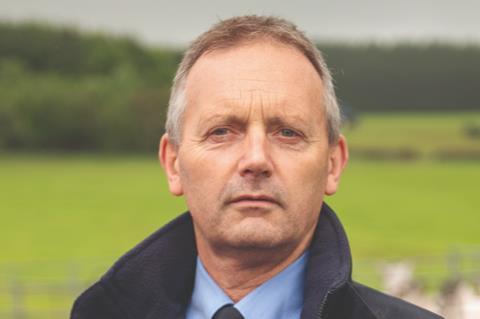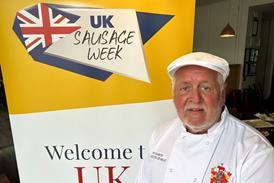The National Sheep Association (NSA) has responded to a consultation concerning recent Food Standards Agency (FSA) proposals to increase fees paid by abattoirs.

NSA believes the FSA proposed hike in fees could catastrophically impact small and medium businesses that have already faced significant pressure for many years.
NSA chief executive, Phil Stocker, said: “The UK’s small abattoir network has experienced significant decline over recent decades, with numbers dropping from more than 2,500 businesses in the 1970s to just over 200 today. This reduction poses challenges for local food systems, especially those supporting the rural economy and diversifying.
“Small abattoirs are essential for processing diverse and smaller-scale livestock operations, ensuring farmers can access nearby slaughter facilities. They also provide a local service in dealing with casualty stock still fit for human consumption and animals not able to travel long distances, and arguably, in times such as we are seeing now with Bluetongue virus present in the UK a lower risk of disease spread.”
The proposed changes to FSA charges will remove the discounted charging structure that currently benefits smaller abattoirs offered a reduction in fees based on the number of hours involved in official controls including inspections from vets and meat hygiene inspectors.
Smaller abattoirs, which process fewer animals and require fewer regulatory hours, receive greater discounts, making it more affordable for them to comply with regulations. NSA considers that the discount system is crucial for the survival of smaller abattoirs as it helps them manage costs and continue operating within tight margins. NSA therefore urges FSA to agree ways of making efficiencies and savings in controls before it considers reducing the discount.
The proposed changes could mean a medium sized abattoir currently paying £5,159.17 would rise to £10,163.10 (97% inc.) per month (figures provided by AIMS).
NSA policy manager, Emma Owen, added: “Efforts to reverse the decline of small abattoirs have been supported by previous government initiatives like the Small Abattoir Fund, which aimed to sustain these vital businesses. However, these efforts will be undermined if the FSA proceeds with increasing charges. More than half of the UK’s meat plants could be at risk of closure if the current discount structure is removed, threatening the UK’s food security and local economies.
“The potential consequences extend beyond the small abattoirs themselves as the increased costs of processing meat due to higher regulatory charges would likely be passed down the supply chain, meaning farmers would face higher costs and impacts would be felt by food producers and consumers alike. The price of locally produced, high-welfare meat could be forced to be increased making it less competitive against cheaper, mass-produced alternatives. Additionally, rural communities could see a loss of employment and economic activity tied to small abattoirs, which are often vital local businesses. It is particularly disappointing that at a time when government has encouraged farming businesses to diversify to tackle increased political and economic turmoil these changes are set to threaten the fabric of these newly founded businesses.
“NSA is urging the Government to consider the broader impact of increased FSA charges as small abattoirs are vital to maintaining a diverse and sustainable meat industry in the UK.”









